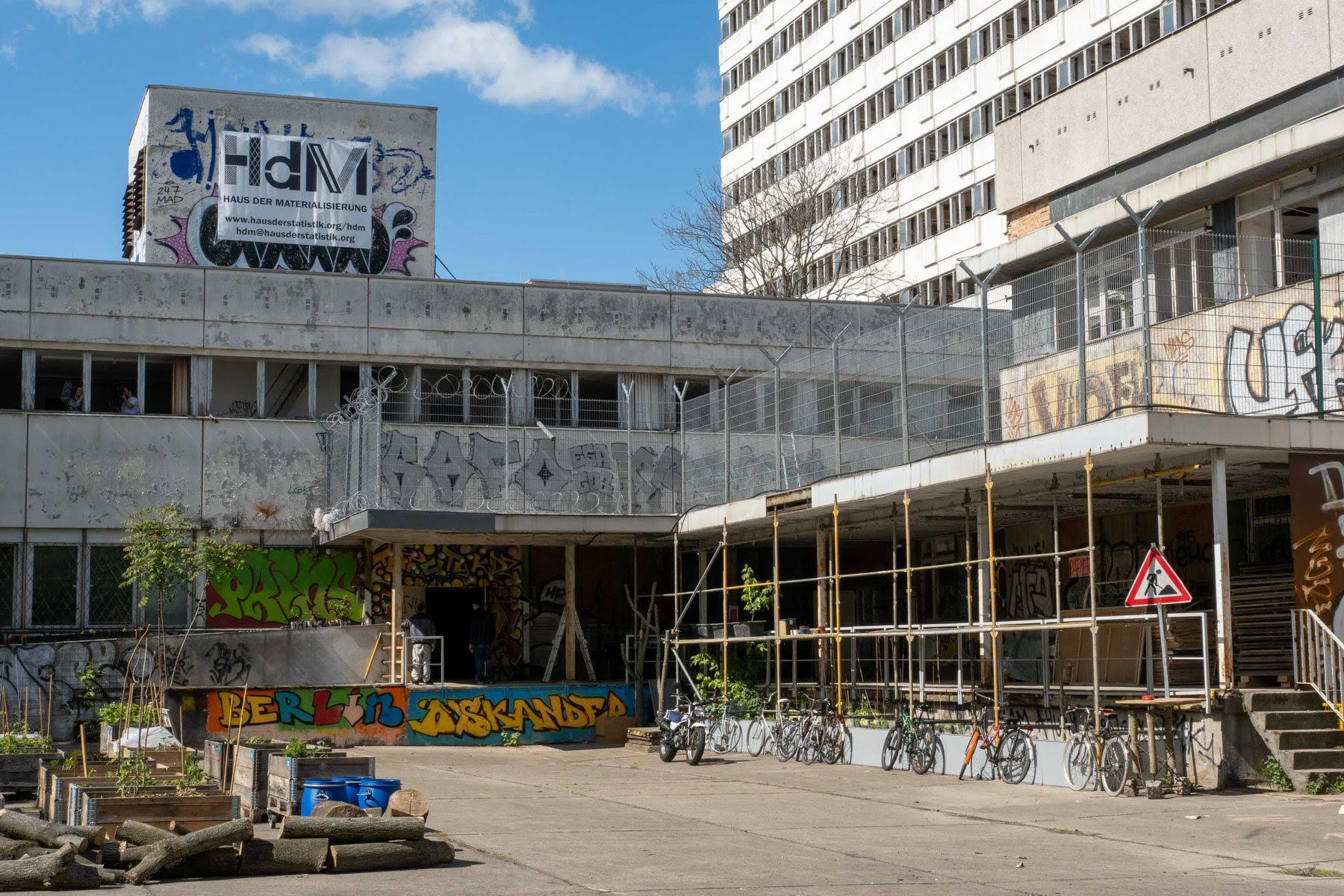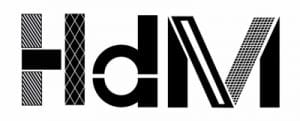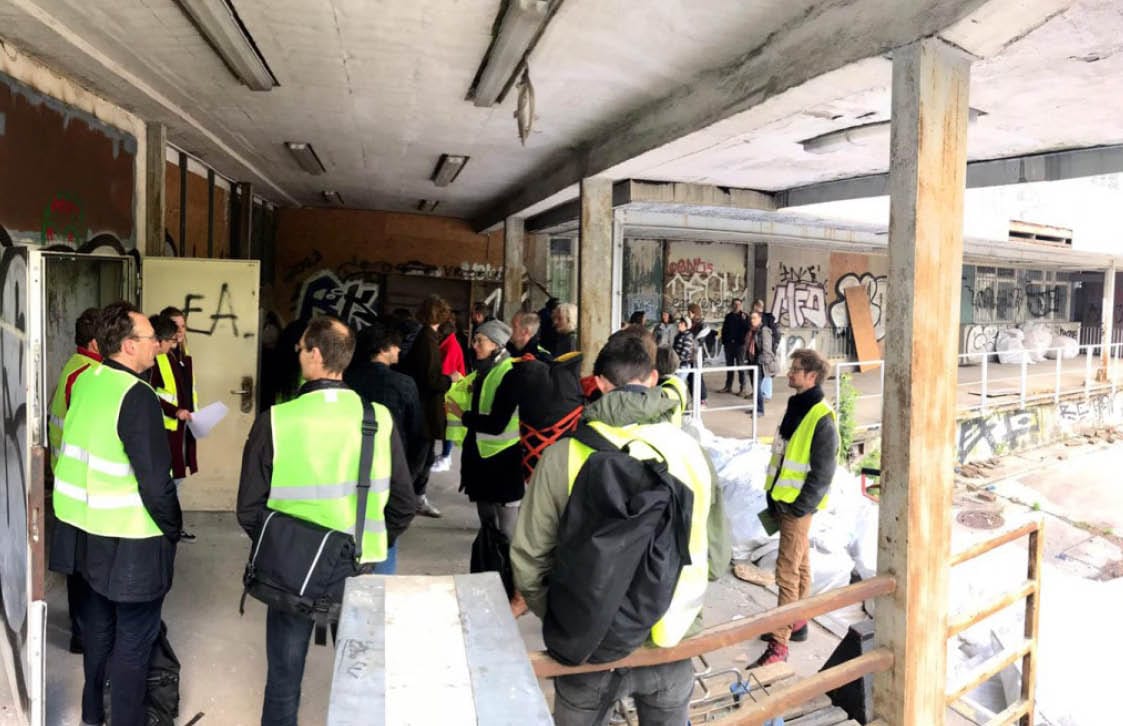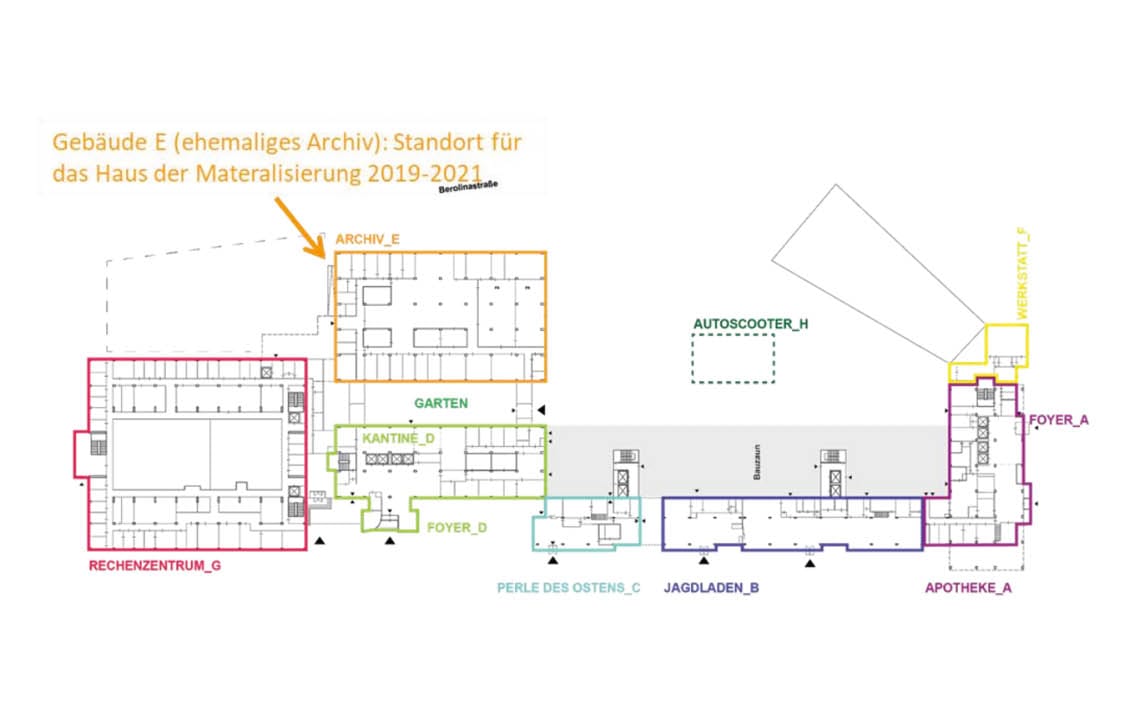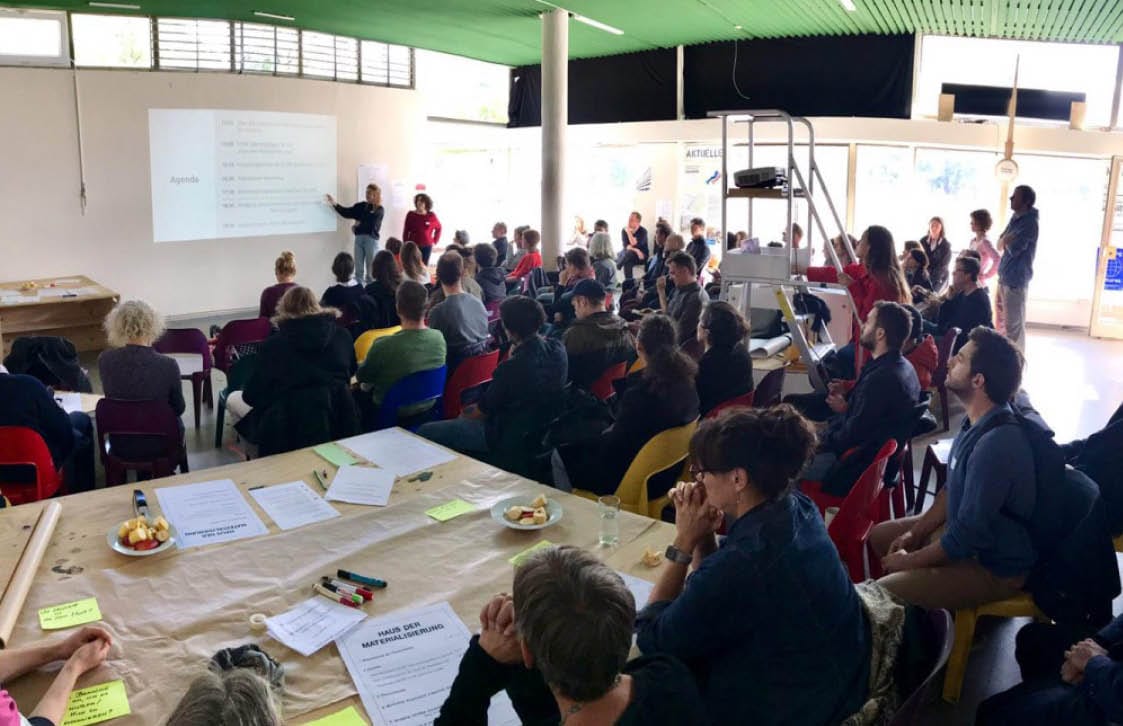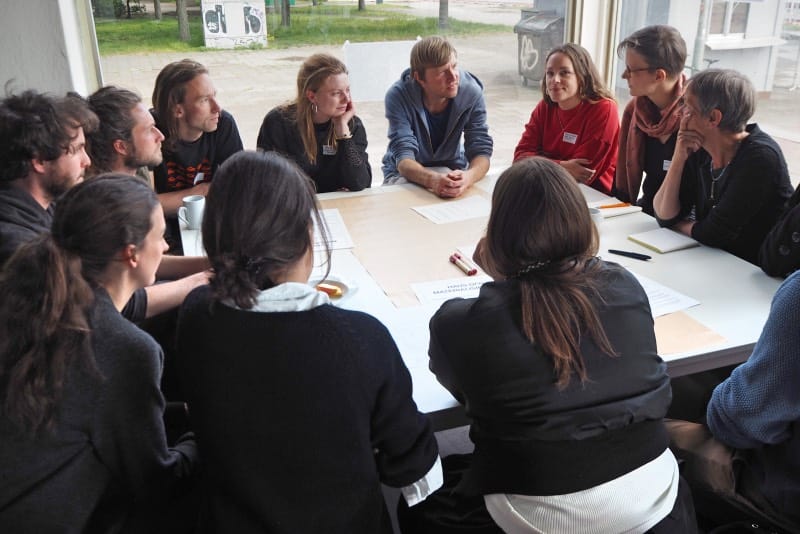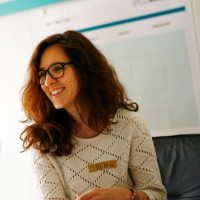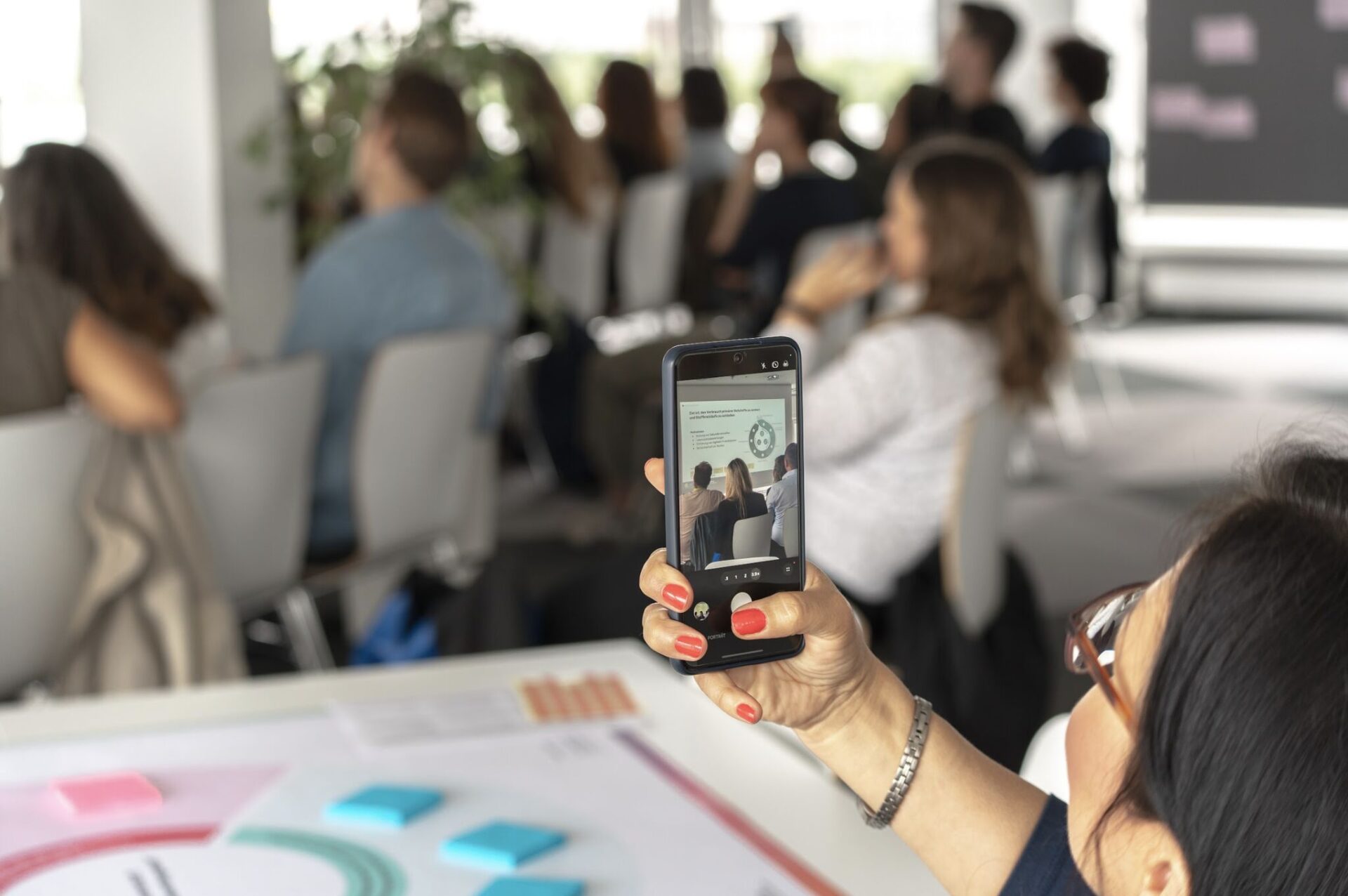The Haus der Materialisierung is Berlin’s pioneering centre for secondary materials. It aims to make their usage common practice in the city, by bringing together secondary material collectors and distributors, creatives willing to work and explore these materials, as well as research partners, which investigate the environmental benefits of using secondary materials – all enhanced by a digital platform.
FUNDER
Deutsche Bundesstiftung Umwelt
PARTNERS
Technische Universität Berlin, ZUsammenKUNFT Berlin eG, Material Mafia
DATE
December 2019 – December 2022
The challenge
This project is a follow-up of the CURE project. Large amounts of secondary material are discarded in cities, much of which could be used by local creatives and entrepreneurs. The amounts currently recovered through creative reuse and remanufacturing are only a small fraction of the useful materials discarded.
Our approach
As part of the interim usage of the Haus der Statistik, a group of project leaders gathered to organise an exploratory laboratory for using and distributing secondary materials called ‘Haus der Materialisierung’.
The project brings together secondary material collectors and distributors (Material Mafia), creatives willing to work and explore these materials, as well as research partners (TU Berlin), which investigate the environmental benefits of using secondary materials. The operations are integrated into the larger initiative – Haus der Statistik – by ZUsammenKUNFT.
Our role is twofold:
- Steer, design and implement an open-source digital platform which tracks the storage, handling, sales, and environmental performance of materials and products. One of the most important criteria for us was using existing tools and integrating our solution into existing software solutions. This ensures that the project outcomes will continue to be used long after the project has been concluded.
- Facilitate and involve the Circular Economy community in Berlin through a series of workshops that deal with finding new use cases for selected materials.
The outcomes
- A digital inventory system and online-shop, including an environmental assessment of how the secondary materials compare to the use of new materials. The GMIT tool was integrated into the workflow of the Material Mafia initiative, the same as it was connected via API to Restado shop. GMIT Open source public code: https://github.com/CircularBerlin/gmit
- Organisation and facilitation of 2 workshops and 2 deep dive sessions, on the Aluminium composite material, the same as the Printing Matts.
Further steps
The project ended in November 2022. It gain a big interest from the city representatives both in Berlin, but also across Germany and internationally.
TU Berlin will lead further work on the inventory tool, focusing on rolling it out further to other material initiatives.

